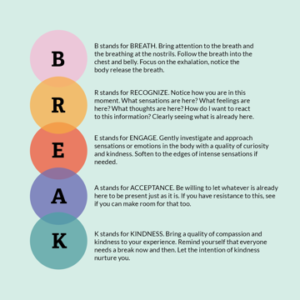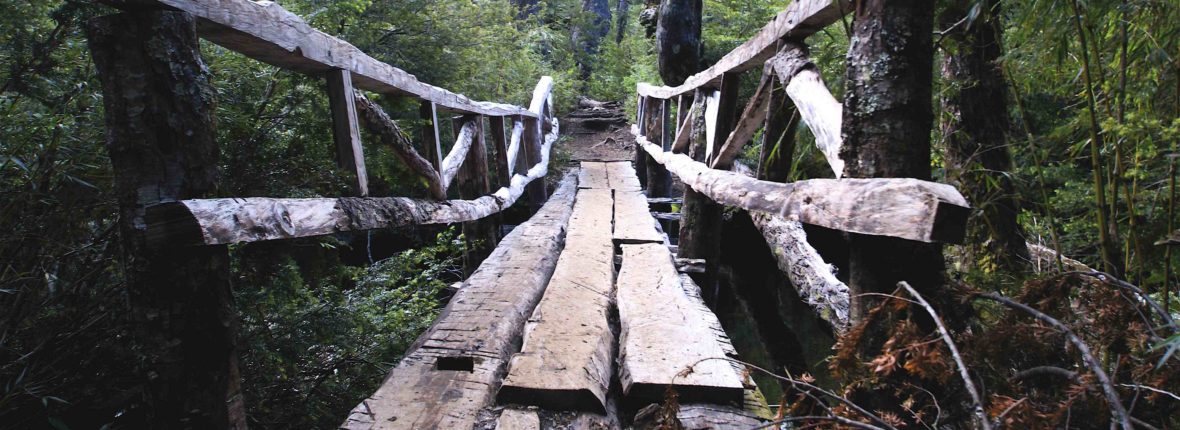“The quest for certainty blocks the search for meaning. Uncertainty is the very condition to impel man to unfold his powers.” – Erich Fromm
As uncomfortable as it may feel, uncertainty is at the foundation of our lives. We want to know, always, especially when it comes to our loved ones and our future. These unknown prospects can leave us feeling unsettled. Yet, the reality that every living being on this earth faces is one of uncertainty. Our jobs are not guaranteed, our cars will inevitably need fixing, the sun shines even when rain is in the forecast. When we cling to an expectation of a certain outcome, we set ourselves up to suffer even more if it doesn’t happen.
Uncertainty is so upsetting, causing stress and anxiety, that many of us try to avoid or control it altogether. Often, people will say that we need to cope with these feelings, but what does that really mean? How do we cope? Certainly, not by putting your head down and hoping for something different. Moving through moments of uncertainty requires engaging with it, and this is where a mindfulness practice can be helpful, if not essential.
Mindfulness teaches us to disassemble reactionary thoughts into manageable parts and pieces. It gives us a buffer between event and reaction so that we can form a productive response. Rather than focusing on the negativity, we learn to pay attention to our experience with curiosity and without judgement. This is engagement. A sitting back in your seat when those uncomfortable feelings come up and extending a chair and invitation for them to sit down right across from you.

Mindfulness. The subtle art of positive, internal manipulation. There are things that you can and cannot control. For example, you cannot know what the outcome will be regarding our nation’s current healthcare debate. You can, however, take note of what you are able to control when you experience any negative or stressful thinking around this topic. You can, for the most part, control your environment. Are there ways, in these moments of stress and anxiety, that you can alter your environment to find a sense of grounding? Open a window, take a deep breath, turn on a light, or adjust your posture. You can control your response, and how you respond in a situation has an effect on everyone around you. When you’re thinking about a moment. The problem with dwelling upon a moment that is out of your control is that you are too overwhelmed by your expectations or fears of the future that you lose sight of what is taking place in the present.
Be Confident. Engaging with your uncertainty will only give you more insight and a better understanding of what you are really feeling. A better understanding of what we are feeling and why gives us more access to our experience, and while we can’t control everything, we can learn to ground ourselves in the moment. This helps us to feel better prepared to tackle whatever comes our way. The only constant in life is that it will involve change, and try as we may to control the future, sometimes all we can do is trust that whatever happens, we can adapt and make the best of it.
Uncertainty is inevitable. And no matter how hard we try, controlling it simply doesn’t work. Instead, practice acceptance, control what you can and relinquish the rest. Mindfulness, at its best, teaches us how to be open to both. Practicing mindfulness cultivates comfort with discomfort.
One way to engage uncertainty is through acceptance and commitment:
ACT. Acceptance and commitment therapy is built on the idea that trying to fix our discomfort, which is a natural part of life, only exacerbates it. This really is mindfulness in action. First, accepting your reactions and being present with them without judgement or expectation. Second, choosing an intentional and productive way forward, and third, taking action.
For example, your little one has a bleed. Accept that these things will happen and that it is happening in this moment. Be present with the emotions that come along with it and without judgement. What does anxious feel like in your physical body? Where do you feel sadness, anger, exhaustion, and frustration, physically? Try not to place expectations that you should or shouldn’t be feeling something other than what you are currently feeling. If it helps, name the feelings when they come up: “This is frustration.” Choosing a direction to move from these feelings is going to be up to you. What would be the most productive thing for you and your family in this moment? This could be taking some deep breaths, getting comfortable, pulling out a favorite book and reading together. Spend some time thinking of ways to surround these moments with softness and ease. Then, take the action that best suits your situation.
Krystyn’s class schedule:
Mondays: 7:00-8:00am Morning Flow at 855 N Failing St
Tuesdays: 4:00-5:15pm Vinyasa/ Restorative at 4210 SE Belmont St
Wednesdays: 7:00-8:00am Morning Flow at 855 N Failing St
Thursdays: 4:00-5:15pm Vinyasa/ Restorative at 4210 SE Belmont St
Fridays: 7:30-8:30am Vinyasa & 9:30-11:00am Vinyasa at 855 N Failing St


Love this